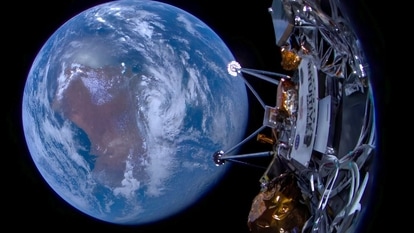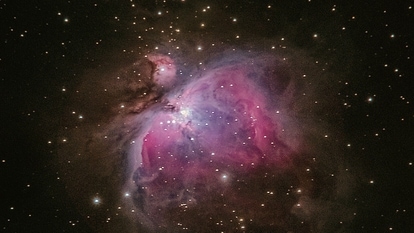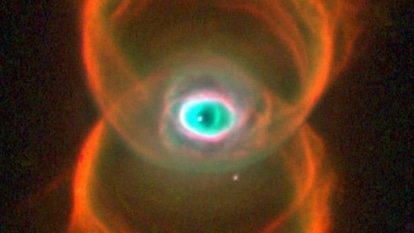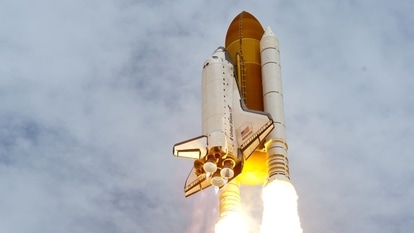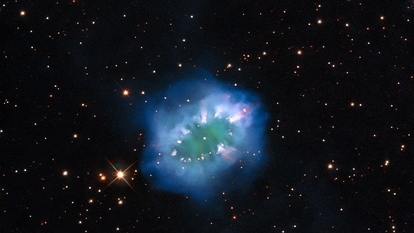Once-in-a-lifetime event! Jupiter to be closest to Earth in 70 years on THIS day! NASA reveals date
Jupiter and Earth will be closest in 70 years next week! Know when and how to spot Jupiter at its largest.
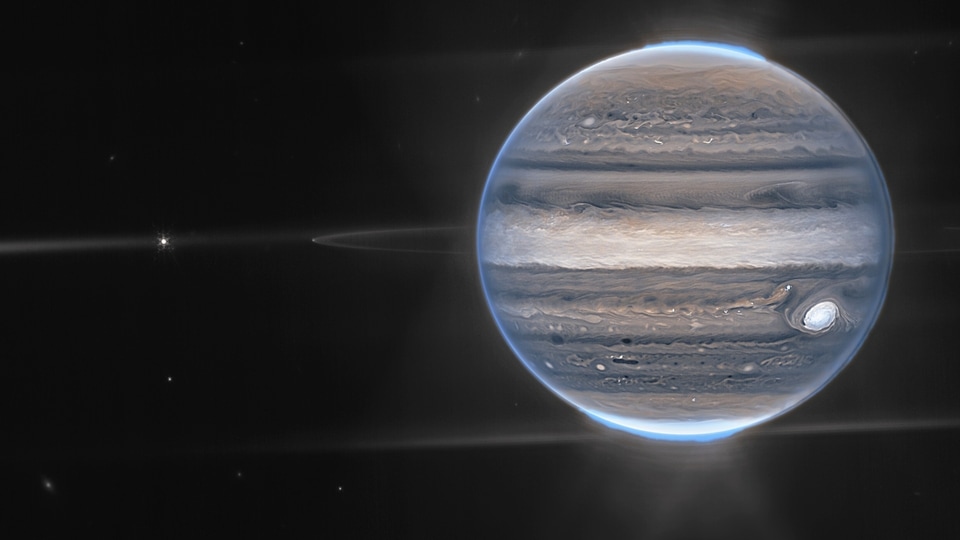
Skywatchers will have the once-in-a-lifetime opportunity to catch a glimpse of Jupiter at its biggest next week! The largest planet of the solar system, Jupiter is ready to make its closest and opposite approach to Earth. NASA shared that "opposition" happens when an astronomical object rises in the east as the Sun sets in the west from the perspective of Earth. This brings the space object and the Sun on the opposite sides of the Earth. In the similar manner, the opposition of Jupiter occurs after every 13 months, which makes the planet look brighter and larger than usual days.
However, it is the closest approach of the largest planet to Earth which really makes it a special event and that is all set to happen soon. After a gap of 70 years, Jupiter and Earth will be at their closest! As a result, Earth and Jupiter pass each other at varying distances throughout the year because their orbits around the Sun are not perfectly round. Rarely does Jupiter's closest approach to Earth coincide with its opposition, so this year's view will be unique. Jupiter will be roughly 365 million miles from Earth when it makes its closest approach. At its furthest point, the giant planet is roughly 600 million miles from Earth.
When and how to catch a glimpse of Jupiter
Stargazers don't have to worry much! As they can expect excellent views of Jupiter the entire night of Monday, September 26 when the giant planet reaches opposition point to Earth and will have the brightest view. Adam Kobelski, a research astrophysicist at NASA's Marshall Space Flight Center suggested that with the help of good binoculars at least the central band and three or four of the Galilean satellites (moons) will be visible.
However, to have a better view and catch Jupiter's Great Red Spot and bands, you may need a 4 inch-or-larger telescope. Also, some filters in the green to blue range may enhance the visibility of these features of Jupiter. Kobelski suggests that an ideal viewing location will be at a high elevation in a dark and dry area. Best part? You can have the views a few days before and after September 26, in case you miss the chance on this particular day.
Did you know?
Although Jupiter has 53 identified moons, researchers estimate that a total of 79 moons have been discovered. The Galilean satellites, named after Galileo Galilei, who made the first observation of Jupiter's four largest moons in 1610, are Io, Europa, Ganymede, and Callisto.
Catch all the Latest Tech News, Mobile News, Laptop News, Gaming news, Wearables News , How To News, also keep up with us on Whatsapp channel,Twitter, Facebook, Google News, and Instagram. For our latest videos, subscribe to our YouTube channel.



